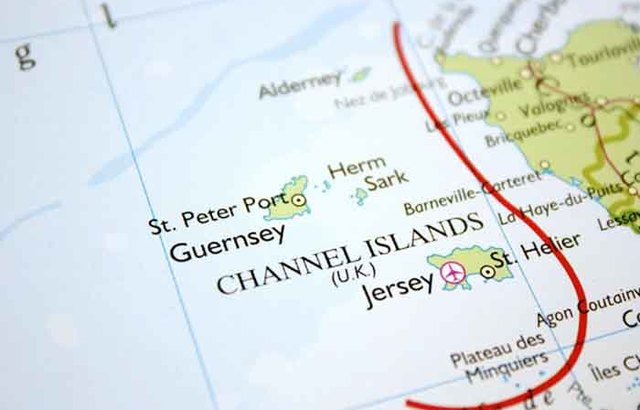Jersey, Guernsey and the Isle of Man have united to criticise an amendment to the UK’s Financial Services bill, that would force them and British overseas territories to reveal the ultimate beneficial owners of companies registered on the islands.
The move was deemed “misguided and wrong” by Lyndon Trott, chairman of Guernsey Finance, a promotional body which represents the island’s financial services sector.
His counterpart at Jersey Finance, Joe Moynihan, added: “Our objections are quite simple – the Financial Action Task Force (FATF), which is the international policy setting expert body for AML/CTF, does not recommend public registries.
“Meanwhile, our Jersey registry, which has been in place for decades, meets global standards requiring that accurate, adequate and timely information is maintained.”
Constitutional breach
Additionally, the governments of the three islands accused parliament of not respecting the constitutional relationship between them and the UK.
In fact, according to the governments’ joint statement, “the UK does not legislate for the crown dependencies on domestic matters without our consent”.
“The proposed amendments are contrary to the established constitutional relationships that exist between the United Kingdom and each of the crown dependencies and, if passed, would produce inoperable legislation.”
The three governments also argued that their relationship with the UK goes directly through the Queen and not via parliament, which is why they are not represented in the House of Commons.
‘Higher standards than the UK’
The statement added: “We consider the legislation to be wholly unnecessary in the context of our robust existing approach to the retention and sharing of beneficial ownership information. All crown dependencies are committed to the highest standards of financial services regulation and transparency.
“Our jurisdictions are parties to exchange of notes for beneficial ownership [to share] information with the UK and are committed to the aim of exchanging adequate, accurate and current information on beneficial ownership to help combat tax evasion, money laundering and corruption.
“The standards applied by our jurisdictions exceed those of the United Kingdom, the registers in the crown dependencies contain information that is accurate and up to date.
“The crown dependencies cannot support any step that would adversely impact the effectiveness of our beneficial ownership registers, dilute the commitments we have made to transparency or reduce the robustness of our regulation.”
While the purpose of the amendment is to strengthen the detection, investigation and prevention of money laundering, it comes after all three jurisdictions amended their legislation in order to comply with European code of conduct rules to avoid being ‘blacklisted’ as tax havens.
Overruling the Channel Islands
However, parliament could force the crown dependencies into complying with the amendment by changing the way the bill applies to them.
In fact, the current Anti-Money Laundering Act 2018, refers to “British overseas territories”.
But the amendment is looking to change that into “an order in council”, providing the Queen with the authority to make the jurisdictions comply with the bill.
Parliament was supposed to vote on the amendment on 4 March 2019, but, according to the Financial Times, prime minister, Theresa May delayed the vote to an unspecified date.








